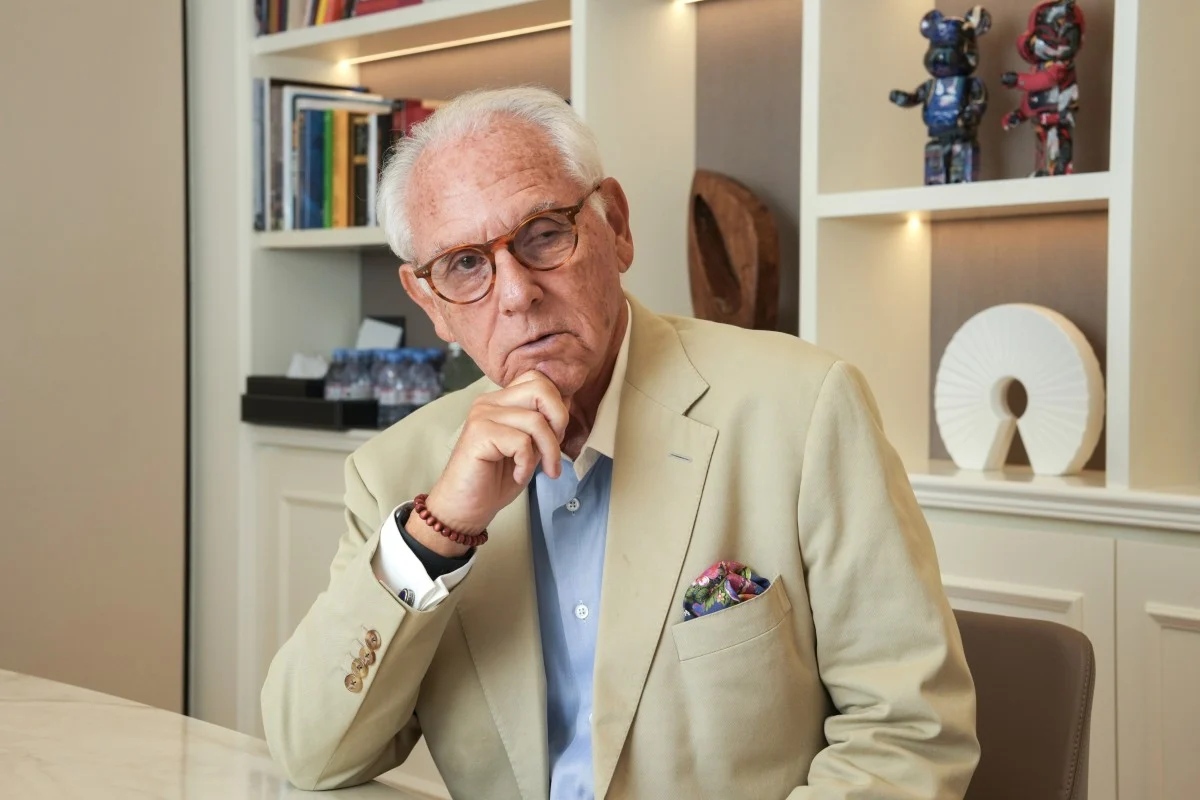Focused ultrasound, a non-invasive medical treatment championed by Hong Kong tycoon Li Ka-shing, is being recognized as an effective alternative to traditional therapies for treating a range of diseases, including cancer. According to Neal Kassell, founder and chairman of the US-based Focused Ultrasound Foundation, the growth in treatments, clinical trials, and investment in focused ultrasound technology indicates that the field is rapidly scaling up.
Kassell highlighted the rising interest in companies like US-based HistoSonics, which produces focused ultrasound devices. The Li Ka Shing Foundation recently donated one of HistoSonics’ devices to the University of Hong Kong for liver cancer treatment and pledged to donate two more machines to hospitals in the city. These devices use high-intensity sound waves to break up and dissolve tumor cells, providing a non-invasive alternative to traditional thermal ablation treatments.
Focused ultrasound, first developed in 1950 to treat psychiatric disorders, has seen a surge in development over the last 25 years. The procedure’s non-invasive nature means most patients can return home the same day after a single treatment, which can cost between US$3,000 and US$40,000. Kassell estimates that the industry’s annual equipment sales are between US$300 million and US$400 million, led by companies like Israel’s Insightec and China’s Chongqing Haifu Medical Technology.
With 77 companies worldwide producing focused ultrasound equipment, 22 of which are based in Asia, Kassell noted that commercial approvals have been granted for 35 medical disorders, including nine in the US. Last year, 140,000 focused ultrasound treatments were conducted globally, with prostate, pancreatic, and liver cancers, as well as uterine fibroids, accounting for 80% of procedures.
Despite the promising growth, Kassell believes the industry is still waiting for one or two companies to achieve annual sales exceeding US$100 million and turn a profit, which could lead to public listings or acquisitions within the next two years.
Urology specialist Ma Wai-kit added that focal therapies, including focused ultrasound, are gaining attention for treating prostate cancer due to their lower side effect rates. However, he cautioned that focused ultrasound requires stringent follow-up care and is not suitable for all patients based on factors such as the cancer’s stage and location.
READ MORE:
